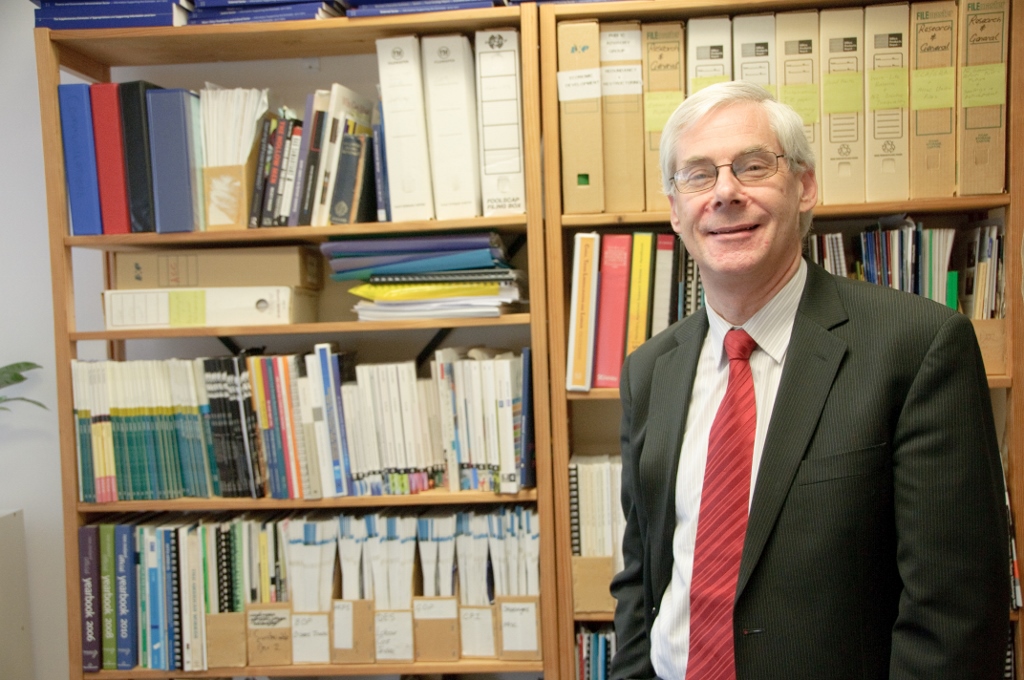Looking ahead for the year is always educated guesswork, but this year it is more guesswork than educated. That’s because of some very big unknowns: in particular Trump and Brexit.
At home we have had economic growth but it has been weak per person and per hour showing falling productivity which does not bode well for future incomes. The growth has been very reliant on high net immigration which seems unlikely to fall much in the next year. Income growth per person is likely to be driven by more people working and people working longer hours and we’re seeing evidence of that.
At 4.9 percent and only falling slowly, unemployment is still too high. It could be the 3.3 percent it was in 2007 giving 40,000 more people jobs. Sadly, 4.3 percent is much more likely.
Wage growth has been slow. Part of the reason could be that some of the strongest growth areas of employment are in tourism and care for aged people and people with disabilities, all low wage jobs. At the other end of the spectrum, Professions, technical and administrative services are also growing strongly. We are seeing increasing wage inequality, likely partly due to these changes. Our employment laws are not helping. While almost all people on collective employment agreements get a pay rise each year to recognise increasing living costs, 55 percent of people who are on individual agreements do not.
Household spending is growing strongly. In part that could be due to a rise in hours being worked per household, and in part it could be due to the ‘wealth effect’: rising house prices encourage people to spend some of the increase in value of their houses. Household debt is at record levels and makes them vulnerable to big interest rate rises or house price falls.
The slow wage and salary growth in dollar terms, has been relieved by very low price inflation, meaning a rise in real wages (the buying power of wages). But CPI inflation has jumped up to more like normal levels at 1.3 percent. It is likely to rise further with housing costs a big driver.
There are still big risks internationally. The Trump presidency is likely to raise interest rates, inflation and the US dollar. This brings dangers and opportunities for New Zealand. One opportunity is to rethink the model of globalisation that the US and UK people have rejected.
Download the full bulletin: Economic Bulletin 185 – January 2017
